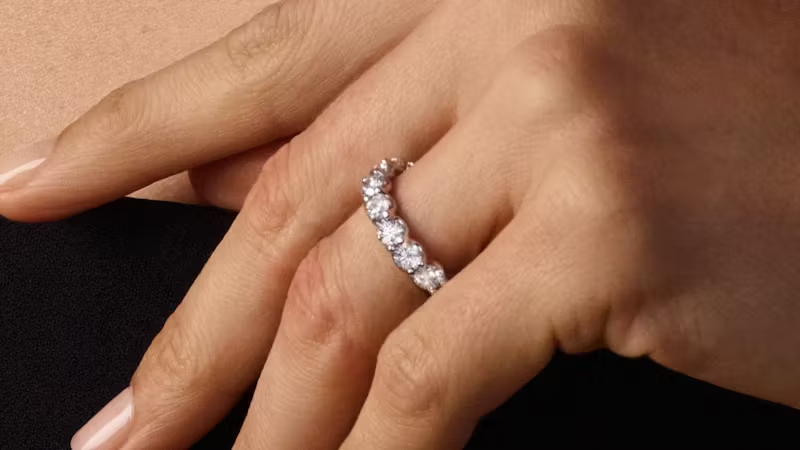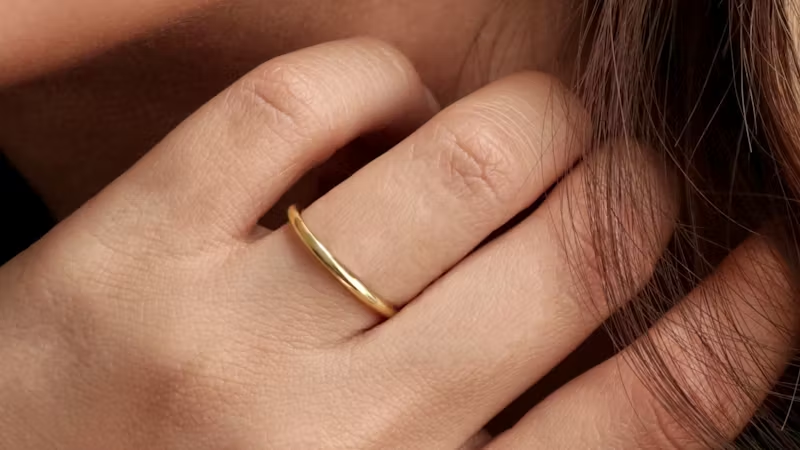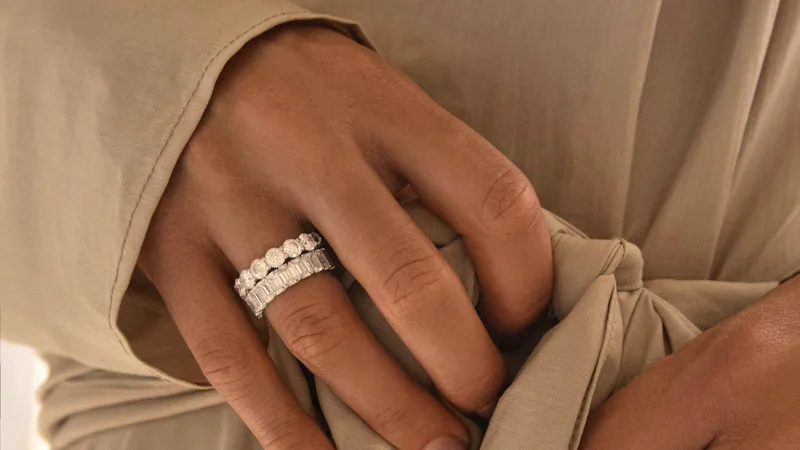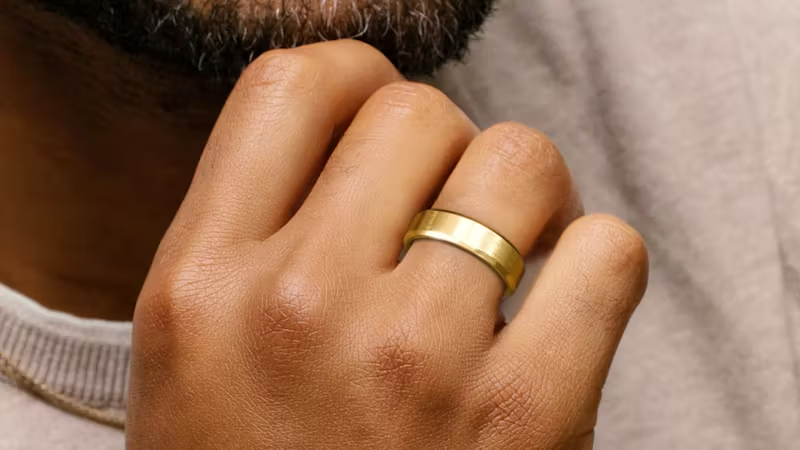Impeccable origin
Timeless wedding bands
Sorting By
No items match your selection
MEET US AROUND THE WORLD
WEDDING RING GUIDES
Wedding Ring Sets Style Guide
Discover engagement and wedding ring sets for every style and find the one that’s right for you.
Wedding Ring Stacking Guide
A wedding ring stack is an expression of your style, a manifestation of your love story, and a celebration of your own personal journey.
Wedding Ring Guide
VRAI designs unisex wedding rings fit for any style. Read on to discover the diamond wedding ring meant just for you.
Timeless wedding bands FAQs
Traditionally, a wedding ring is worn on your left ring finger. If you also wear an engagement ring, the two are customarily worn together on this same finger, with the wedding ring going on first. However, only you and your partner can decide what finger you would like to wear your ring on.
Infinity and Eternity bands are wedding rings with diamonds that go all the way around the band. Infinity bands have a pavé setting for small diamonds called melee diamonds. Eternity bands feature Round Brilliant diamonds weighing in at an average per stone of 0.05 ct for petite bands, 0.10 ct for medium bands, or 0.16 ct for large stones. Therefore, the diamonds in Eternity bands are larger in size than the melee diamonds featured in Infinity bands. This gives the Eternity bands a substantial look, and Infinity bands a more delicate look.
VRAI also designs Baguette Infinity bands, which feature an array of Baguette shaped VRAI created diamonds instead of the rounded melee diamonds.
Devotion bands can also feature an entire ring of diamonds, but they are nestled within a channel setting, meaning there are platinum or solid gold bands on either side of the round or baguette-shaped diamonds. Devotion bands are available in full or half diamond settings. Complement your band with a sparkling eternity ring or infinity band.
There is no set rule on how much you should spend on your wedding rings. Only you and your partner can decide what your budget on rings should be. However, many couples spend an average of 3% of their overall wedding budget on rings. Spending more or less depends on your personal preferences and what other details you plan on paying for on your wedding day.
Traditionally, an engagement ring is a platinum or solid gold band that features a solitaire diamond at its center. Many variations of this style exist, including three stone settings with a prominent solitaire diamond surrounded by side stones.
In the past, only one person in the couple — the individual proposed to — wears an engagement ring. This has changed in recent years as couples have decided to exchange pairs of engagement rings, or purchase another piece of fine jewelry alongside an engagement ring to signify their commitment.
A wedding ring is usually a platinum or solid gold band that lays flat against the finger, with no prominent stone at its head. It can be embellished with diamonds, but these are usually secured inside the ring’s setting, instead of being displayed on top with prongs.
An engagement ring is exchanged at the time of the proposal. Wedding rings are generally saved for the wedding ceremony itself.
Traditionally, if an engagement ring and wedding ring are worn together on the same finger, the wedding ring goes on first. But there is no right or wrong way to wear your rings together. The most important rule is to wear them in a way that is most beautiful and most comfortable to you. For some, this means stacking the two rings together. For others, this means wearing the rings on separate fingers or hands. Pair everyday wedding bands with stacking designs.
The best thing to do to prepare for wearing your engagement ring and wedding ring together is to measure the finger(s) where you’ll wear the rings. You should also try on the rings together, especially if they are stacked, to make sure they fit comfortably side by side. Always keep your engagement ring in mind when deciding on what wedding band works best for you, and know that the majority of VRAI’s engagement ring designs are crafted to pair flush with your wedding ring. Learn how to pair your band with a three-stone ring.



